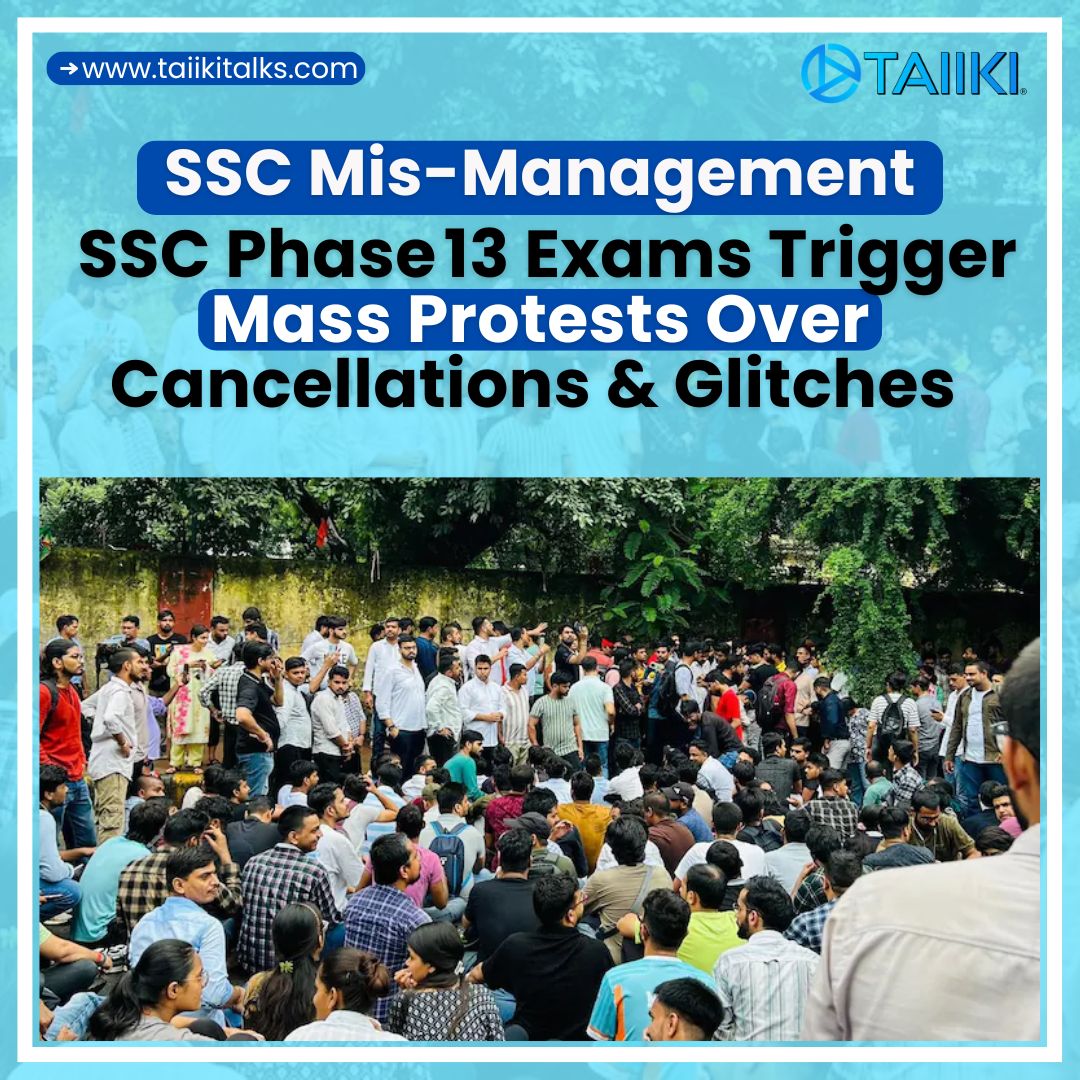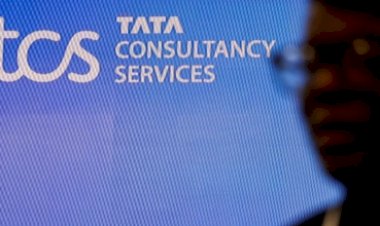Alert or Overstimulated? How Excessive Coffee Before Driving Can Impair Your Focus
Excessive caffeine before driving can do more harm than good. While it boosts short-term alertness, too much coffee overstimulates the nervous system, causing delayed reflexes, poor judgment, and fatigue crashes. Drivers are advised to keep caffeine intake moderate, stay hydrated, and take regular breaks for safe and focused driving.

Too Much Coffee, Too Little Control: The Hidden Driving Risk of Over-Caffeination
Coffee is often considered a morning essential — a quick pick-me-up that helps people start their day with focus and energy. However, new findings reveal that excessive caffeine intake before driving might not be as harmless as it seems. While moderate caffeine can boost alertness, too much of it can actually impair concentration, slow reflexes, and cloud decision-making — posing potential risks for drivers on the road.
Caffeine works by stimulating the central nervous system, blocking the effects of adenosine — a brain chemical that makes us feel tired. But when consumed in large quantities, caffeine can overstimulate the brain, leading to jitteriness, anxiety, restlessness, and even dehydration. This overstimulation often results in delayed response times and poor coordination — both of which are critical for safe driving.
Studies have shown that drivers who consume excessive caffeine tend to experience bursts of energy followed by fatigue or sudden dips in concentration. These caffeine “crashes” can cause micro-lapses in attention, making it harder to react to sudden changes on the road. Overconfidence caused by caffeine’s temporary alertness can also make drivers underestimate risks, ignore fatigue, or take impulsive decisions behind the wheel.
The problem worsens when caffeine is consumed alongside energy drinks or other stimulants, amplifying the effects on the nervous system. The combination can increase heart rate and blood pressure, leading to nervous excitement and reduced focus. Even though a cup or two of coffee may seem harmless, drinking multiple cups in a short time can lead to a temporary imbalance in the body’s natural rhythm — similar to sleep deprivation or stress.
Experts recommend that drivers limit their caffeine intake to moderate levels and maintain a proper sleep schedule to stay alert on the road. Hydration is also key — as caffeine can cause dehydration, making one feel sluggish and distracted. Instead of relying solely on coffee to stay awake during long drives, health experts suggest short breaks, light snacks, or simple physical activities like stretching to re-energize safely.
The idea isn’t to discourage coffee lovers but to promote awareness about the fine line between stimulation and overstimulation. A strong brew before hitting the road might seem like a safety measure, but it can backfire if consumed excessively. Maintaining a balanced caffeine routine — especially before driving — ensures better mental clarity, sharper focus, and safer travel.
As much as coffee fuels productivity and comfort, moderation remains key. Knowing when to stop is just as important as knowing when to start. Because when it comes to driving, a calm mind and steady reflexes are worth more than an extra cup of caffeine.






































Comments (0)